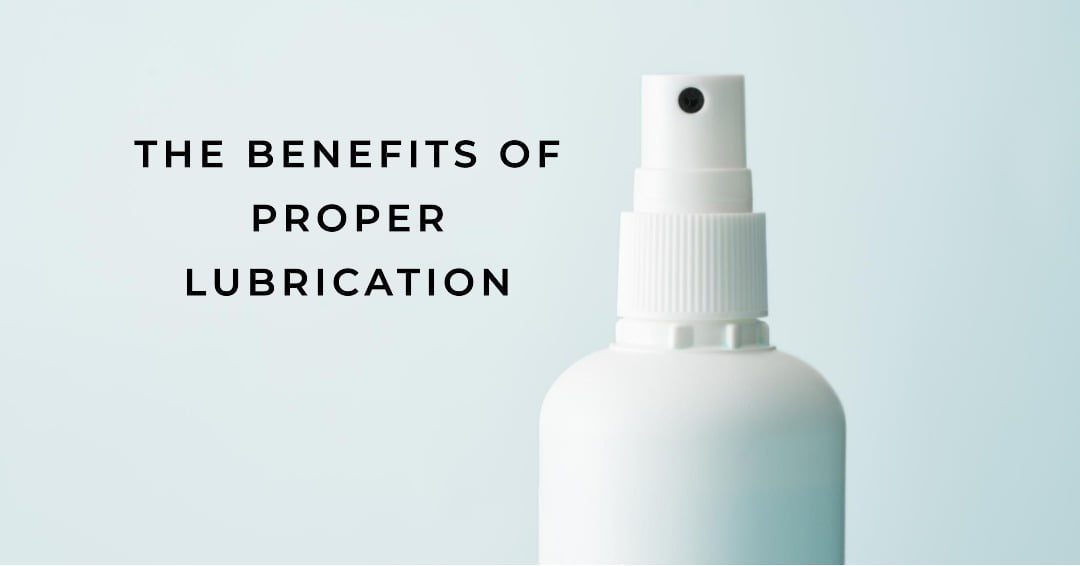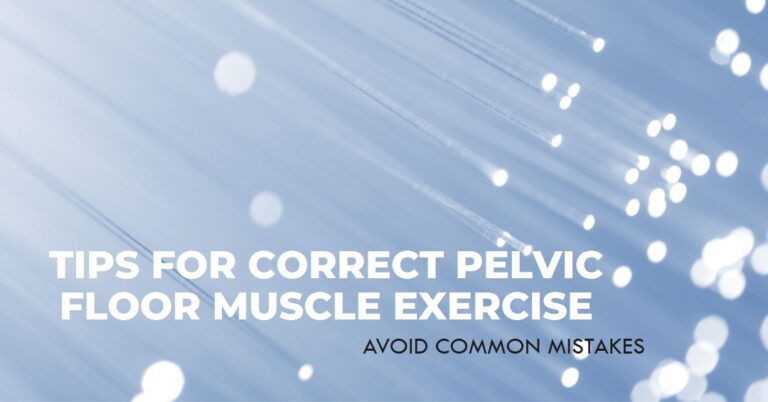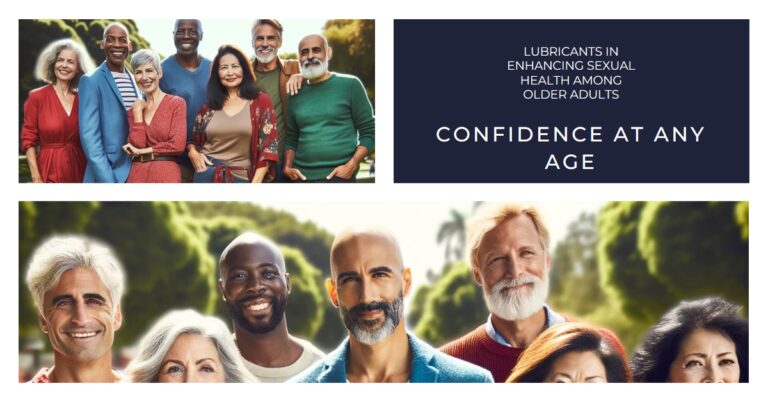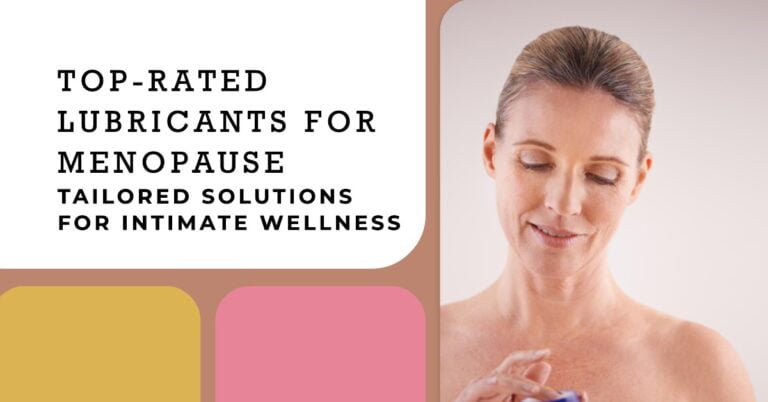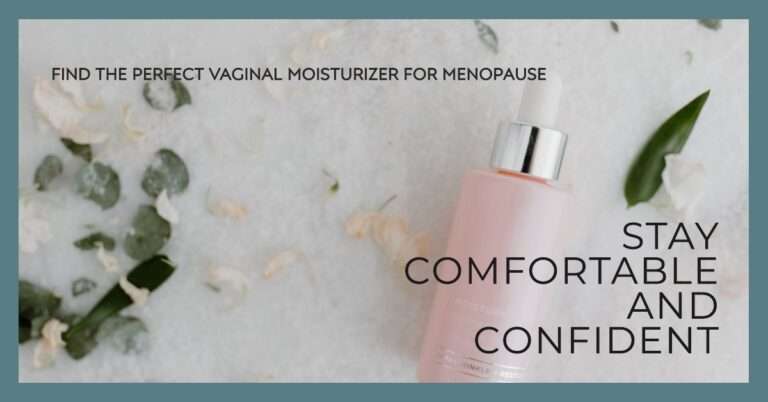Why Lubrication Matters as We Age: Exploring the Key Factors and Solutions
Introduction
Ageing gracefully involves embracing various changes in our bodies. One crucial aspect that might not receive ample attention is lubrication. In this comprehensive guide, we delve into why lubrication matters as we age and explore the factors influencing it.
Understanding the Biological Changes
1. Hormonal Shifts and Their Impact
Our bodies undergo hormonal changes as we age, particularly for women entering menopause. Oestrogen decline can lead to reduced natural lubrication, causing discomfort during intimate activities.
2. Changes in Vaginal Tissues
Ageing can lead to thinning of vaginal tissues and decreased elasticity, further contributing to dryness. Understanding these anatomical shifts is essential for addressing age-related lubrication concerns.
The Psychological Aspect
3. Navigating Emotional Changes
Emotional well-being significantly impacts intimate relationships as we age. Stress, anxiety, and changes in self-perception can affect arousal and, subsequently, lubrication. Addressing these factors is crucial for overall sexual health.
4. Impact of Relationship Dynamics
The dynamics of long-term relationships may evolve with age. Open communication with partners about changing needs and desires can positively influence intimacy and comfort.
Common Concerns and Questions
5. Is decreased lubrication normal as we age?
Absolutely. Reduced lubrication is a common and normal part of the ageing process. Understanding this natural occurrence can help individuals navigate changes in their intimate lives with confidence.
6. How does medication affect lubrication?
Certain medications, including those for blood pressure or antidepressants, can impact lubrication. It’s essential to discuss potential side effects with healthcare providers and explore alternative options if needed.
The Role of Lifestyle Choices
7. Hydration and Diet
Staying well-hydrated is vital for overall health and directly influences lubrication. Additionally, a balanced diet rich in omega-3 fatty acids can support skin and mucous membrane health.
8. Regular Exercise
Engaging in regular physical activity improves blood circulation, contributing to overall health, including intimate well-being. It also positively influences mood and reduces stress, indirectly supporting lubrication.
9. The Influence of Smoking and Alcohol
Smoking and excessive alcohol consumption can negatively impact overall health, including intimate health. Quitting smoking and moderating alcohol intake can have positive effects on lubrication.
Solutions for Age-Related Lubrication Issues
10. Choosing the Right Lubricants
Selecting the appropriate lubricant is key. Water-based or silicone-based lubricants can provide the needed moisture during intimate activities. Look for options labelled “hypoallergenic” and free from potentially irritating ingredients.
11. Incorporating Vaginal Moisturisers
Vaginal moisturisers, designed for long-term hydration, can be applied regularly to combat dryness. They are especially helpful for women experiencing postmenopausal symptoms.
12. Hormone Replacement Therapy (HRT)
For women experiencing severe menopausal symptoms affecting lubrication, hormone replacement therapy, under the guidance of healthcare professionals, could be considered.
Expert Insights and Advice On Why Lubrication Matters as We Age
13. Consulting Healthcare Professionals
Open communication with healthcare providers is crucial. They can offer tailored advice, recommend suitable products, and address any underlying health concerns contributing to lubrication issues.
14. Pelvic Floor Exercises
Engaging in pelvic floor exercises, such as Kegels, can strengthen muscles and improve blood flow to the pelvic region, positively impacting lubrication.
15. The Importance of Regular Check-ups
Regular gynaecological check-ups are essential for monitoring overall reproductive health. Discussing intimate concerns with healthcare professionals fosters a proactive approach to addressing age-related changes.
Conclusion
In conclusion, understanding why lubrication matters as we age empowers individuals to embrace this aspect of life with confidence. By acknowledging the biological, psychological, and lifestyle factors at play and exploring effective solutions, we can prioritise our intimate well-being as we navigate the beautiful journey of ageing. Embracing these changes with knowledge and openness enhances our overall quality of life.
Vaginal Dryness During Menopause: 5 Best Water-Based Lubricants

